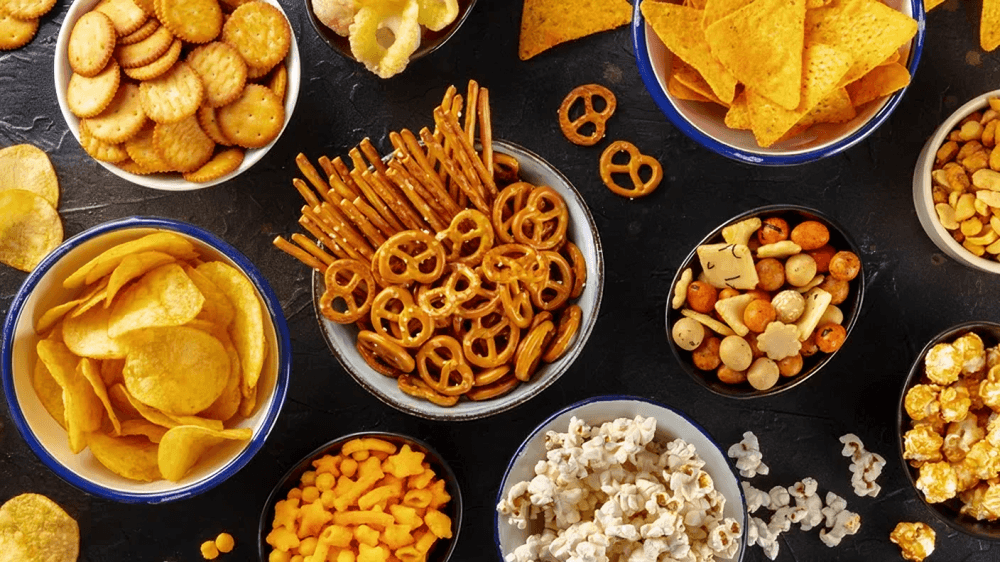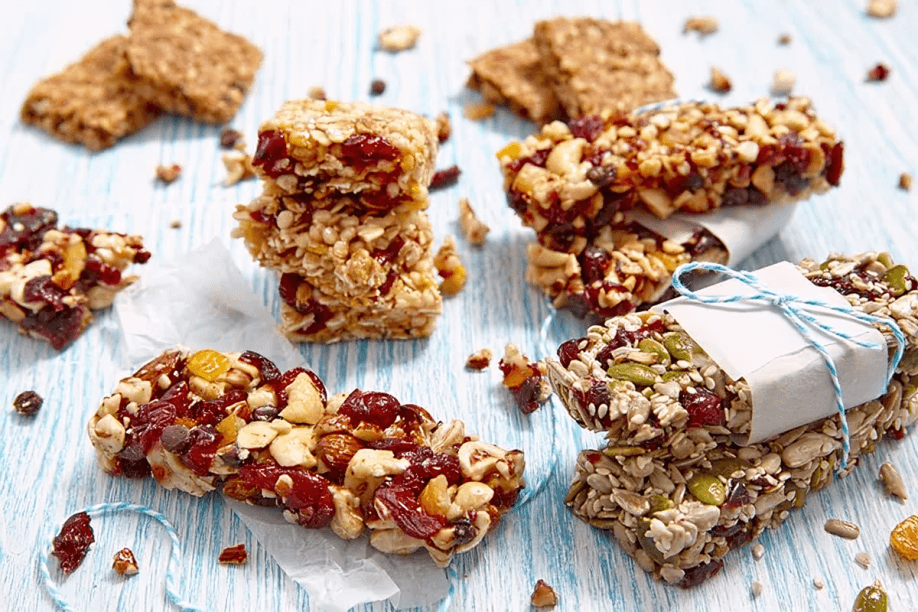
“
Maintaining a healthy heart begins with making wise dietary choices. Some foods, though delicious or convenient, can silently increase the risk of heart disease by elevating cholesterol, blood pressure, or inflammation. Understanding which items to limit or eliminate is key to long-term cardiovascular health. 1
1
”
Foods high in trans fats, such as baked goods and fried items, lower good cholesterol (HDL) and raise bad cholesterol (LDL), significantly increasing your risk of arterial plaque buildup and heart attack. 1
Processed meats like bacon, sausages, and hot dogs contain high sodium and saturated fats, contributing to high blood pressure and clogging arteries, which strain the heart and impair healthy circulation. 2

Excessive salt in fast food, canned soups, and frozen meals causes fluid retention and increases blood pressure, forcing the heart to work harder and raising the risk of stroke or heart failure.
Sugary drinks like sodas and energy drinks add empty calories, spike blood sugar, and promote insulin resistance, increasing the likelihood of obesity, diabetes, and eventually heart disease. 3
Butter, lard, and heavy cream are rich in saturated fats, which can raise LDL cholesterol levels and encourage fat deposits in the blood vessels, heightening the risk of coronary artery disease. 4
White bread, pasta, and pastries made from refined grains lose most heart-healthy fiber during processing, raising blood sugar quickly and contributing to chronic inflammation in the cardiovascular system. 5
Packaged snacks like chips, crackers, and microwave popcorn often contain trans fats and too much salt, leading to increased cholesterol, high blood pressure, and damage to blood vessel linings. 6
Fried foods like French fries and fried chicken absorb large amounts of unhealthy oils, which, when reused repeatedly, generate harmful compounds that damage heart tissue and harden arteries. 7
Flavored yogurts often contain added sugars in excess, which promote inflammation and weight gain—both major contributors to poor heart health and metabolic complications. 8

Pizza, especially with extra cheese and processed meats, combines sodium, saturated fat, and refined carbs—all of which overwork the heart and contribute to unhealthy cholesterol levels.
Instant noodles and boxed meals are high in sodium and preservatives. Regular intake increases blood pressure and can reduce the elasticity of arteries, raising the risk of heart failure. 9
Some salad dressings and condiments sneak in trans fats and sugars. Excessive use can counteract the benefits of a healthy salad by raising cholesterol and inflammation markers in the blood. 10
Ice cream, while enjoyable, often contains high levels of saturated fat and sugar. Regular indulgence contributes to weight gain, insulin resistance, and rising cholesterol levels. 11
Commercial baked goods like muffins and cakes are usually made with hydrogenated oils, refined sugar, and white flour, leading to systemic inflammation and worsening heart function over time. 12
Alcohol in excess raises blood pressure and contributes to irregular heart rhythms, liver damage, and increased triglyceride levels, all of which place added stress on cardiovascular function. 13

Granola bars that appear healthy may hide high levels of sugars, unhealthy oils, and artificial preservatives that can cancel out their nutritional value and affect your heart over time.
Canned vegetables and beans can have added sodium for preservation. Without rinsing or choosing low-sodium options, you risk raising your salt intake well beyond heart-healthy limits. 14
Pancakes and waffles topped with syrup offer a sugar overload with little fiber or nutrients. The rapid rise in glucose levels contributes to insulin spikes and long-term heart strain. 15
Some sports drinks, designed for rehydration, are packed with sugar and sodium, which are unnecessary for most people and may contribute to weight gain and increased cardiovascular strain. 16
Renowned cardiologist Dr. Paul Dudley White, a pioneer in prevention, emphasized low-fat diets and moderation, believing most heart disease could be avoided through healthy lifestyle choices.17


